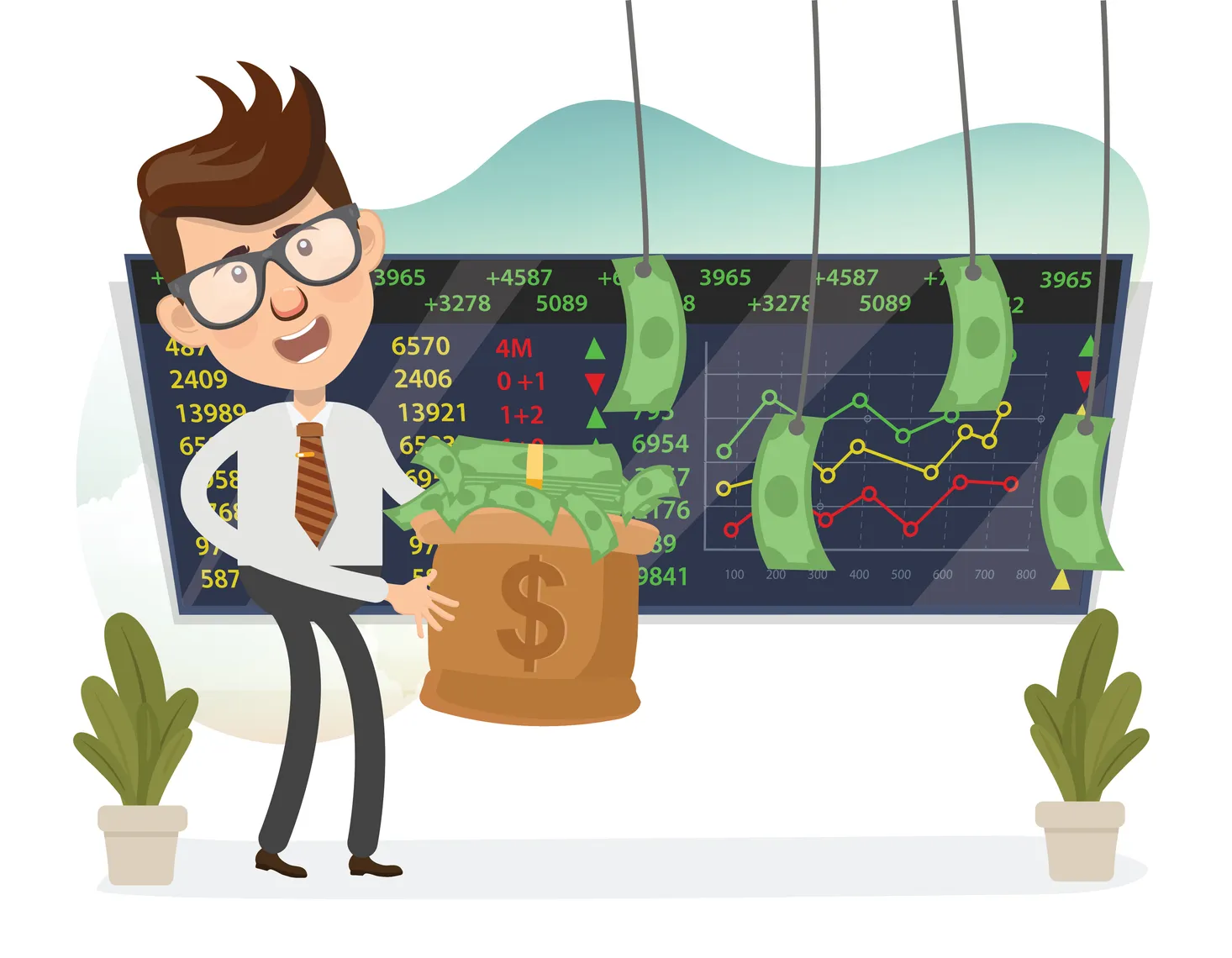What is a price signal?

A price signal is a change in the price of goods or services which indicates that the supply or demand should be adjusted.
Key takeaways
A price signal is a change in the price of goods or services that indicates supply or demand should be adjusted, serving as feedback about market stability.
Price signals are a key component of the price mechanism, a system studied in economics that explains how prices influence supply and demand and affect economic stability.
Price signals reveal where there are shortages or surpluses in the market, areas of high consumer demand, and where resources are required.
Shortages cause price increases signaling reduced consumption is needed, while surpluses lead to price decreases encouraging more purchases; high demand signals manufacturers to increase production.
For example, if there is a shortage of oranges, the price will increase, signalling that the purchase and consumption of oranges must be reduced.
Where have you heard about price signals?
Price signals are a key component in the price mechanism, a system that explains how prices influence the supply and demand of goods and services.
The price mechanism is studied in economics as pricing, supply and demand are all major factors in economic stability.
What you need to know about price signals.
Price signals are a type of feedback from markets about their stability. They show where there are shortages or surpluses, where there is high demand and where resources are required.
If there is high consumer demand for a certain commodity, a rise in price signal will show that manufacturers need to up their production to meet this demand. Equally, if there is a surplus of a certain commodity from manufacturers, a decrease in price signal will encourage consumers to buy more of it.